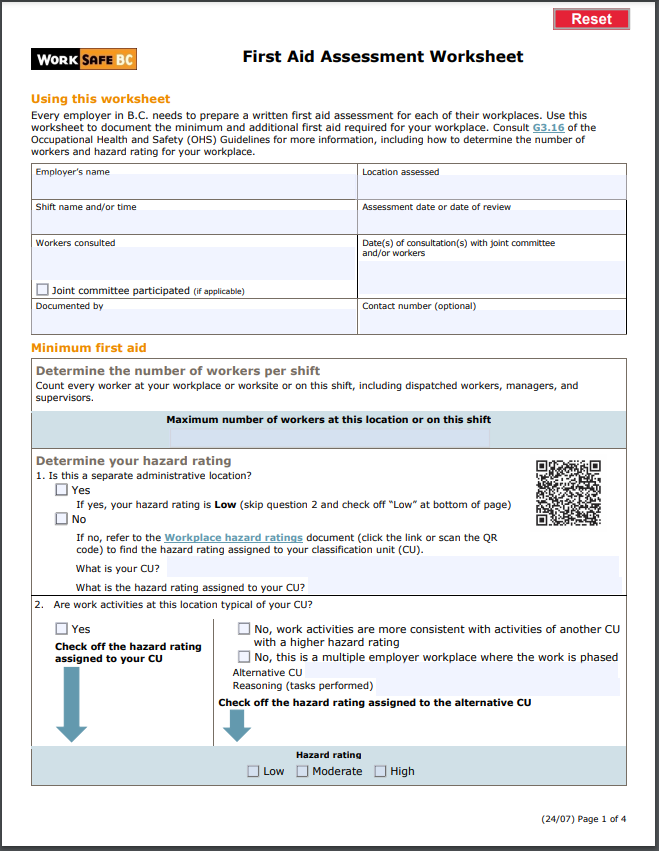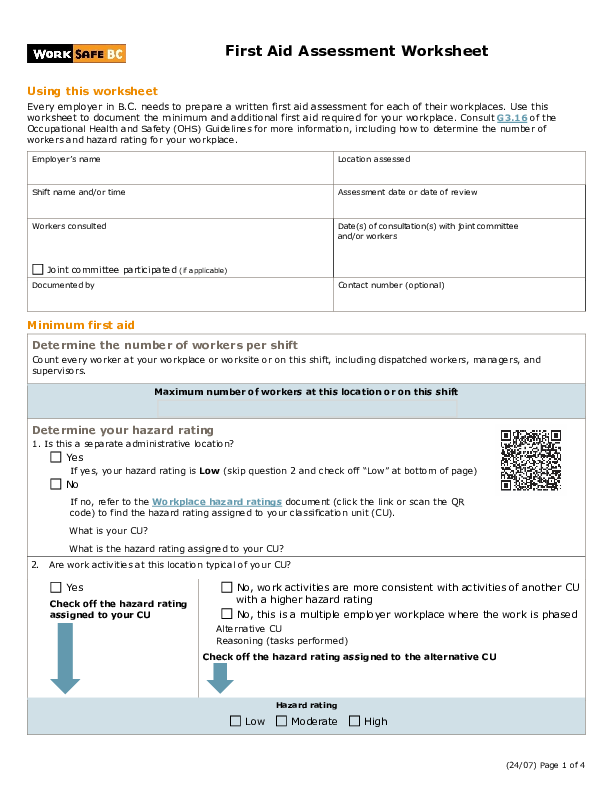
Keep Your Heart in Trucking
It’s not enough to love your job. To make sure you can keep on trucking, you need to love your health, especially your heart health—physically and emotionally.
The National Institute for Occupational Safety and Health (NIOSH) reports that long-haul truck drivers are more likely than other workers to have poor health, including heart health, because of their work environment.
Physically, sitting all day, eating fast food, getting little regular exercise, and stress can lead to coronary artery disease, which can cause arrhythmia, angina, heart failure, and heart attack.
Emotionally, while truck drivers tend to be independent and comfortable with their own company, loneliness increases the risk for heart disease, depression, stress and a weakened immune system. According to a 2012 Harvard study, lonely people tend to eat poorly and lack exercise.
Physical Heart Health
Heart disease is among the most serious illnesses affecting truck drivers. Beat it with a healthier lifestyle.
Nutrition: It takes a little effort to eat well away from home, but it protects your heart and overall health. Consider small appliances (rice cooker, air fryer) for cooking in your truck. Choose fresh fruit and vegetables, lean meat, and whole-grain pasta and cereal. When you must eat in a restaurant, make the same good choices—go for soup (broth or tomato-based), salad instead of fries, chicken or fish minus the skin or greasy coating. Avoid creamy sauces and save dessert for an occasional treat. Remember to drink plenty of water.
Exercise: A little goes a long way to support heart health. Your best bet is walking combined with stationary exercises (squats, push-ups). It takes 32 laps around a 72-foot (22 m) tractor-trailer to equal a mile (1.6 km). A brisk walk exercises your cardio-vascular system, burns calories, and reduces stress.
Sleep: Being away from the familiarity of home can disrupt sleep; disorders like sleep apnea reduce sleep quality, raising the risk of heart disease and high blood pressure. To sleep your best, always go to bed and get up at the same time; exercise early in the day; keep electronics away from your bed (blue light interferes with sleep); avoid food, caffeine and alcohol close to bedtime; and manage stress. Pay attention to fatigue and see your doctor if it becomes a problem.
Emotional Heart Health
Working alone doesn’t mean being lonely. But if you feel lonely, it needs to be addressed.
– Truck drivers experience mental health issues more than people in other occupations due to feeling isolated. The COVID-19 pandemic has made that situation worse.
– The lonelier you feel, the more likely you are to have symptoms of depression. Social interaction is important for warding off loneliness. Stay in touch with home as much as possible and connect with others whenever you can. Be sure to listen when other drivers reach out to you. You’ll make someone else’s day and brighten your own (Consider a pooch as your co-pilot.)
– Remember that you are doing something vital—providing for your family and transporting the goods society needs to function.
Stress and Heart Health
Stress is part of life but it must be managed to prevent health issues.
– Dealing with the physical effects of stress helps prevent heart disease. Stay active, stay calm, eat well, and get your sleep.
– Stress affects us emotionally when it’s connected to things we can’t control—construction zones, detours, slow traffic. Decide whether or not the annoying thing is actually a big deal and let go of it when it’s not. A few deep breaths can help. Meditation can be very effective.
– Resilience will help you deal with stressful situations. Build your resilience by thinking positively and believing in yourself.
Knowing the occupational risks to your heart health and being committed to healthy habits will keep you on the road.
Latest Resources
How to Complete WorkSafeBC’s First Aid Assessment
Learn how to complete WorkSafeBC's First Aid Assessment with this step-by-step guide. ...
First Aid Assessment Worksheet
Every employer in B.C needs to prepare a written first aid assessment for each of the ...

